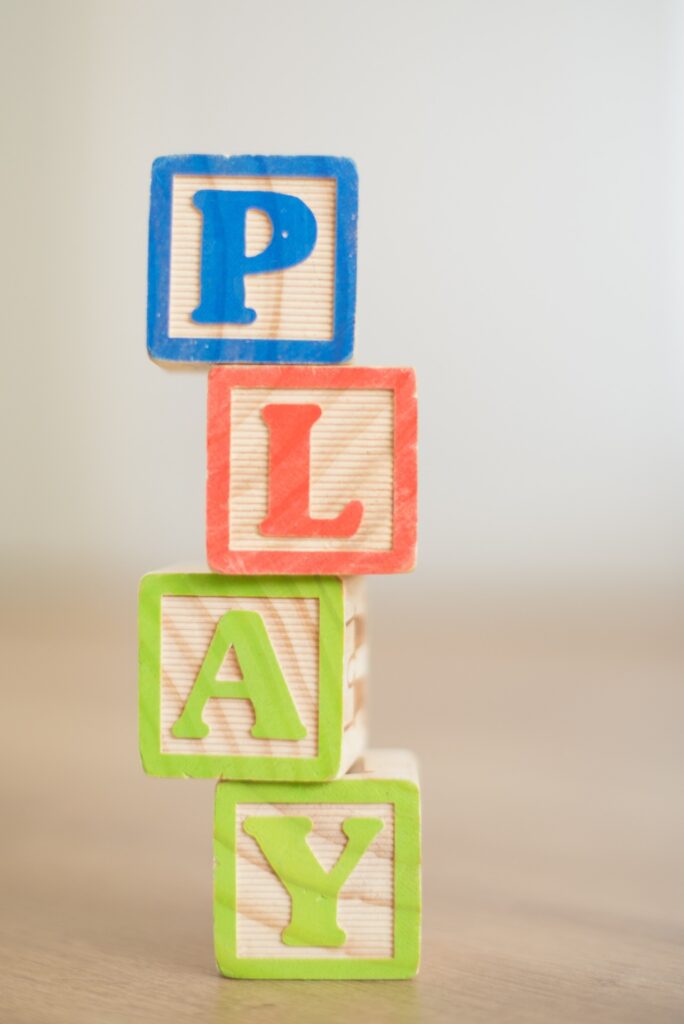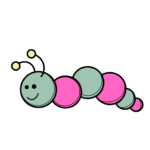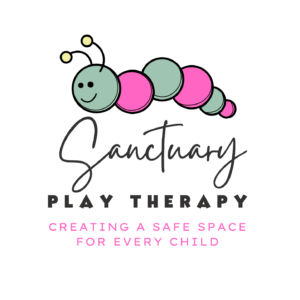
“There’s not a right way to be a Play Therapist.
There’s YOUR WAY to be a Play Therapist.
💕- LIsa Dion

The Benefits of Play Therapy
Why Play is Vital for Optimal Growth
Play as a Tool for Communication
Play is the universal expression of children and is a child’s natural form of communication. The toys in the playroom become the child’s words and play is their language. It is the medium through which children learn, gain mastery and understanding about their world. Play is playful, it is open-ended and becomes a way for children to represent an aspect of their world. Play allows for social interaction and provides a channel for the growth of a child’s sense of self, competence and confidence. The use of play helps build a therapeutic relationship with children who don’t have the words to express or process emotional and behavioural challenges.
The Therapeutic Powers of Play
These refer to the specific qualities in the child’s play behaviours which act as a therapeutic agent for change; they can be described as ‘invisible forces’ which become inherant as a result of the therapeutic relationship between the child and the Play Therapist, these interactions between child and Play Therapist support the child in working through their emotional difficulties and trauma. Through Play these therapeutic powers can effect and improve a childs attachment to another person, the manner in which they can express their thoughts and feelings, how they can regulate their emotions, become more resilient, develop their self-esteem and manage stress. Click below to find out more.
Pretend Play- A Unique Thinking Skill
Pretend play is the special type of play we see when children enter the imaginary world. It is also often referred to as imaginary play, fantasy play and dramatic play. Pretend play involves all of the thinking, movement and emotional centres of the brain; it affects all areas of development; cognitive, social, emotional and physical. Children’s language development, abstract thought, logical sequential thought, story creation, peer relationships, self-regulation, creativity and social and emotional wellbeing are all linked to pretend play.
Brains and Play
One of the basic principles of child development is that children will develop best in an environment where they feel safe; physically and emotionally. An infant’s need for love and safety need to be met during this critical period of brain activity and developmental growth. Any negative influences and emotionally unsafe environments can effect how an infant understands and makes sense of their world. Parents and caregivers who provide an environment that is nurturing allow new opportunities to interact, explore and enhance growth. It is the plasticity of the brain (highly susceptible to environmental influence) that makes therapeutic play and intervention possible. The therapeutic power of play activities can be considered a healing agent in helping to “shape” and integrate specific areas of the brain that are lacking optimal development. Therapeutic play provides opportunity for new interactions and learning new ways to explore and grow.

The Benefits of Play Therapy
Why Play is Vital for Optimal Growth
Play as a Tool for Communication
Play is the universal expression of children and is a child’s natural form of communication. The toys in the playroom become the child’s words and play is their language. It is the medium through which children learn, gain mastery and understanding about their world. Play is playful, it is open-ended and becomes a way for children to represent an aspect of their world. Play allows for social interaction and provides a channel for the growth of a child’s sense of self, competence and confidence. The use of play helps build a therapeutic relationship with children who don’t have the words to express or process emotional and behavioural challenges.
The Therapeutic Powers of Play
These refer to the specific qualities in the child’s play behaviours which act as a therapeutic agent for change; they can be described as ‘invisible forces’ which become inherant as a result of the therapeutic relationship between the child and the Play Therapist, these interactions between child and Play Therapist support the child in working through their emotional difficulties and trauma. Through Play these therapeutic powers can effect and improve a childs attachment to another person, the manner in which they can express their thoughts and feelings, how they can regulate their emotions, become more resilient, develop their self-esteem and manage stress. Click below to find out more.
